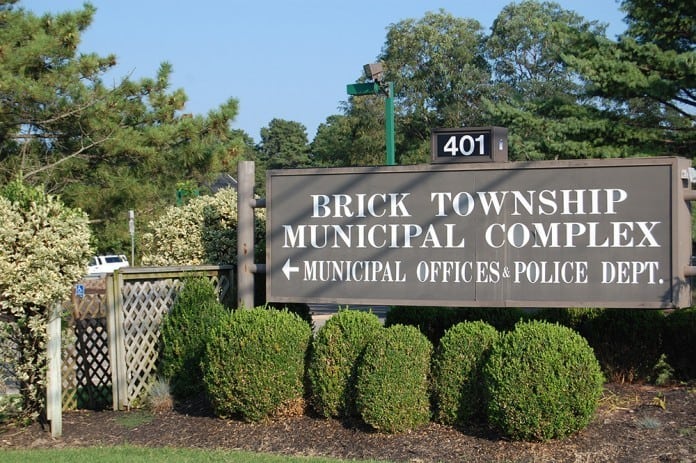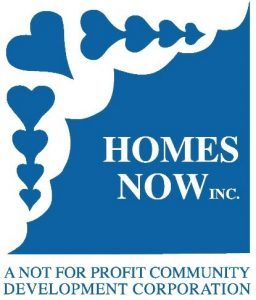
BRICK – The township has renewed its contract with Homes Now, Inc., which is a private, non-profit corporation that helps Brick to facilitate the implementation of its affordable housing obligations.
Homes Now, Inc. builds and/or monitors affordable housing, and in Brick they provide affordability control services for 46 single-family homes, and six multi-unit facilities, including 184 apartments at the Chambers Bridge Residence; 12 units in Tudor Village; and smaller multi-unit affordable housing on Pier Avenue, Eel Street, Herbertsville Road, and Drum Point Road.
 The governing body unanimously approved the one-year contract during the June 11 council meeting. The township pays Homes Now, Inc. a consulting fee of $9,880 monthly.
The governing body unanimously approved the one-year contract during the June 11 council meeting. The township pays Homes Now, Inc. a consulting fee of $9,880 monthly.
In December 2016, Brick entered into a settlement agreement with the Fair Share Housing Center that says Brick has met all of its affordable housing obligations and does not have to build any additional units of affordable housing. Originally Brick was told that 3,000 units (which equates to about 1,500 units) were required.
In March 2016 the township had hired a new affordable housing attorney and appointed a new firm to fight state the requirements for the additional units.
At the time, Mayor John G. Ducey said the township wanted credit for existing affordable housing already built in the form of senior citizen housing and housing for the developmentally disabled.
A formula capped the amount of credit Brick could receive for those at about 22 percent because the township had too many of each.
In the 1990s, the township started to integrate its affordable housing obligations within neighborhoods instead of having all the units concentrated into large apartment complexes.
While the houses looked the same as the surrounding houses, families who purchased the affordable housing units paid less for their homes, and the homes came with a 20-year deed restriction.
The deed restriction said that the owners of the affordable homes could only charge 10 percent more than they paid for the house if they sold it, and the house could only be sold to someone who qualifies for affordable housing so that it remains in township inventory.
Since property taxes are based on the home value, the affordable units pay less in taxes, so the home is assessed lower than the surrounding houses.
During the same June 11 council meeting, the governing body authorized an extension of the deed restriction for an additional 30 years on the homes that had expiring deeds.
 “Homes Now, Inc. brought this to our attention,” said Business Administrator Joanne Bergin. “We had some due diligence to do to see what our number was going to be with Fair Share Housing to be sure that the units were essential to the plan, which they are, and we took the proper time to reach out to these folks and have them come in, meet with us, understand what we were doing, why we were doing it, give them a chance to do some research, because like many of us, who are not familiar with the deed we signed when we bought houses 20 years ago.”
“Homes Now, Inc. brought this to our attention,” said Business Administrator Joanne Bergin. “We had some due diligence to do to see what our number was going to be with Fair Share Housing to be sure that the units were essential to the plan, which they are, and we took the proper time to reach out to these folks and have them come in, meet with us, understand what we were doing, why we were doing it, give them a chance to do some research, because like many of us, who are not familiar with the deed we signed when we bought houses 20 years ago.”
Additionally, any repairs or renovations completed by the homeowners over the last 20 years factors into the formula in terms of what they would be eligible to recoup if they were to sell their home, so many of the homeowners wanted to go back and gather up receipts to see how much they spent and to make individual appointments with Homes Now, Inc to go over the numbers, Bergin said.
“It was to educate them on what this meant and what it would mean to them if they sold the property,” she said. “I’m glad to say we took the proper time to work with these residents so they didn’t feel blindsided by the council meeting.”
The next council meeting will be on Tuesday July 25 at 7 p.m. in Town Hall.






